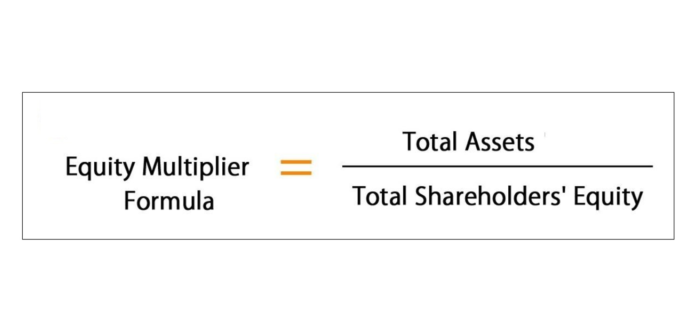- S-24A, Hargovind Enclave, Chhatarpur, New Delhi-110074, INDIA
- +91-9717340000
- info@Khusifoundation.com
CPA Firm Music Industry Accounting Services Royalty Tracking

It’s this, along with the opportunity to work closely with artists and arts-related organizations, that draws most to this field. Ultimately, effective accountancy practices contribute to the sustainability and growth of entertainment enterprises. By ensuring financial transparency and compliance, accountants help foster trust among stakeholders, paving the way for innovative projects and collaborations in the dynamic world of entertainment.
- By addressing these issues, the article seeks to provide valuable insights for both aspiring accountants and established professionals in the industry.
- Instead, it charges you only when you earn money, taking a percentage of each invoice payment.
- Managing Transactions and Profit Analysis involves tracking financial activities, evaluating revenue streams, and identifying potential areas for cost-saving measures.
- Our services go way beyond accounting and tax planning to care for the complete financial picture of each client.
- By analyzing these data points, businesses can optimize their content production and marketing efforts to maximize profitability.
Tax Planning
From production companies and artists to event organizers, the entertainment industry is dynamic but also vulnerable to specific financial risks. Lastly, sustainability is becoming a critical consideration in the entertainment industry, influencing financial reporting and investment decisions. Accountants will need to incorporate environmental, social, and governance (ESG) factors into their analyses, ensuring that financial practices align with broader corporate responsibility goals.

Top Entertainment Industry Financial Metrics

Accountancy plays a crucial role in the Bookkeeping for Startups entertainment industry by providing a structured approach to managing finances. Accurate financial records help production companies and artists track income and expenses, ensuring that budgets are adhered to and financial goals are met. This meticulous financial oversight is essential for sustainable growth in a highly competitive sector.
Tennis Club Business Plan Template

This unpredictability poses unique challenges for financial planning and budgeting, requiring accountancy professionals to adopt flexible strategies that can accommodate fluctuating revenues. Additionally, effective accountancy practices help in compliance with legal and regulatory requirements. The entertainment industry often involves complex contracts and revenue streams, making it essential to maintain accurate financial records to avoid legal issues.

Specialized accounting practices in the entertainment industry are essential due to the unique financial structures and revenue streams involved. These practices often include tailored methods for tracking income from royalties, licensing, accounting music industry and merchandising, which are common in this field. Accountants must be adept at managing complex contracts that dictate how and when payments are made. Additionally, this article aims to highlight the unique challenges faced by accountants in the entertainment field. These challenges include managing fluctuating revenues, navigating complex contracts, and ensuring compliance with industry regulations.
Singing School Business Plan Template
Accountants must navigate these varied income sources https://blogpulseguru.com/definition-of-fully-diluted-shares-and-how-you/ to accurately report financial performance and ensure compliance with tax regulations. Understanding the nuances of each revenue stream is essential for effective financial management in this dynamic industry. In the entertainment industry, the use of technology in accounting has transformed traditional practices, enabling more efficient financial management. Software tools like QuickBooks and Xero provide real-time tracking of expenses and revenues, which is crucial for production budgets and cash flow management. These platforms allow accountants to streamline processes, ensuring that financial data is easily accessible and up to date. The accounting landscape in the entertainment industry is a complex but fascinating domain that extends far beyond traditional bookkeeping and financial reporting.